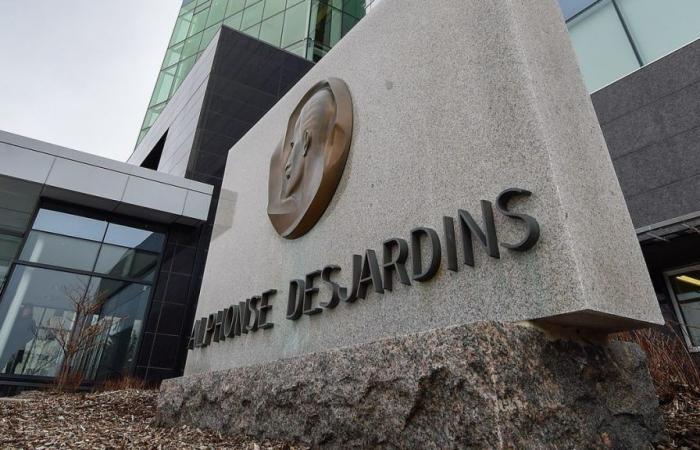Since the massive data theft at Desjardins in 2019, the number of victims of bank fraud has increased sharply in the country. If the cooperative movement has stepped up mitigation efforts following this crisis, most other financial institutions place the responsibility on you and me.
In a few rare cases, after long and complicated procedures, the banks agree to reimburse.
Some, including BMO, go so far as to have their cheated clients sign confidentiality agreements, claiming that this could otherwise “encourage criminal activities.” We can also bet that they especially want to avoid creating precedents and having to reimburse everyone.
It’s strange, these companies to which we entrust our money, which act as if they were not worthy… of our trust!
A major and growing scourge
According to the Canadian Anti-Fraud Center, 42,000 Canadians lost nearly $600 million in 2023, an increase of nearly 40% over the past 2 years. This number is estimated to represent between 5 and 10% of the actual number of victims. One in three Canadians would be victims of bank fraud during their lifetime.
What proportion of these scams are reimbursed? What is the process to win your case? Impossible to know.
Some banks include a clause in their contracts specifying that if you use online financial services, you are presumed guilty! “Transactions carried out remotely using your identifier are deemed to be your responsibility,” writes one of them.
In my case, I never go to a branch, so my institution accounts for 99% of my financial life.
Faced with this problem, Canadian financial institutions have no obligation. No law protects us and our hard-earned money that we deposit with trust (and large monthly fees) with these institutions.
Worse, bandits and criminals most often get away without consequences. It took 5 years for the authorities to finally arrest the culprits in the saga of the massive data theft at Desjardins.
The fault and the supervision
There are many ways to have money stolen on the web – card cloning, phishing, email fraud, identity theft, scams – we are in a real police versus bandits scenario; as soon as the former catch up, the latter innovate.
In the 90s, you had to be a bit stupid to be fooled by crookedly written emails, sent from improbable addresses and with amateurish design. In 2024, the situation has changed significantly: messages, calls or emails that have all the appearance of legitimate messages distort the situation.
Even the most intelligent and connected among us can be fooled.
In the first quarter of 2024, the Big 6 banks collectively reported net income of nearly $14 billion. We understand that they want to protect their profits.
But if this is done partly on our backs, we can tell them “no thank you”. And force them to honor their word, and our trust.






